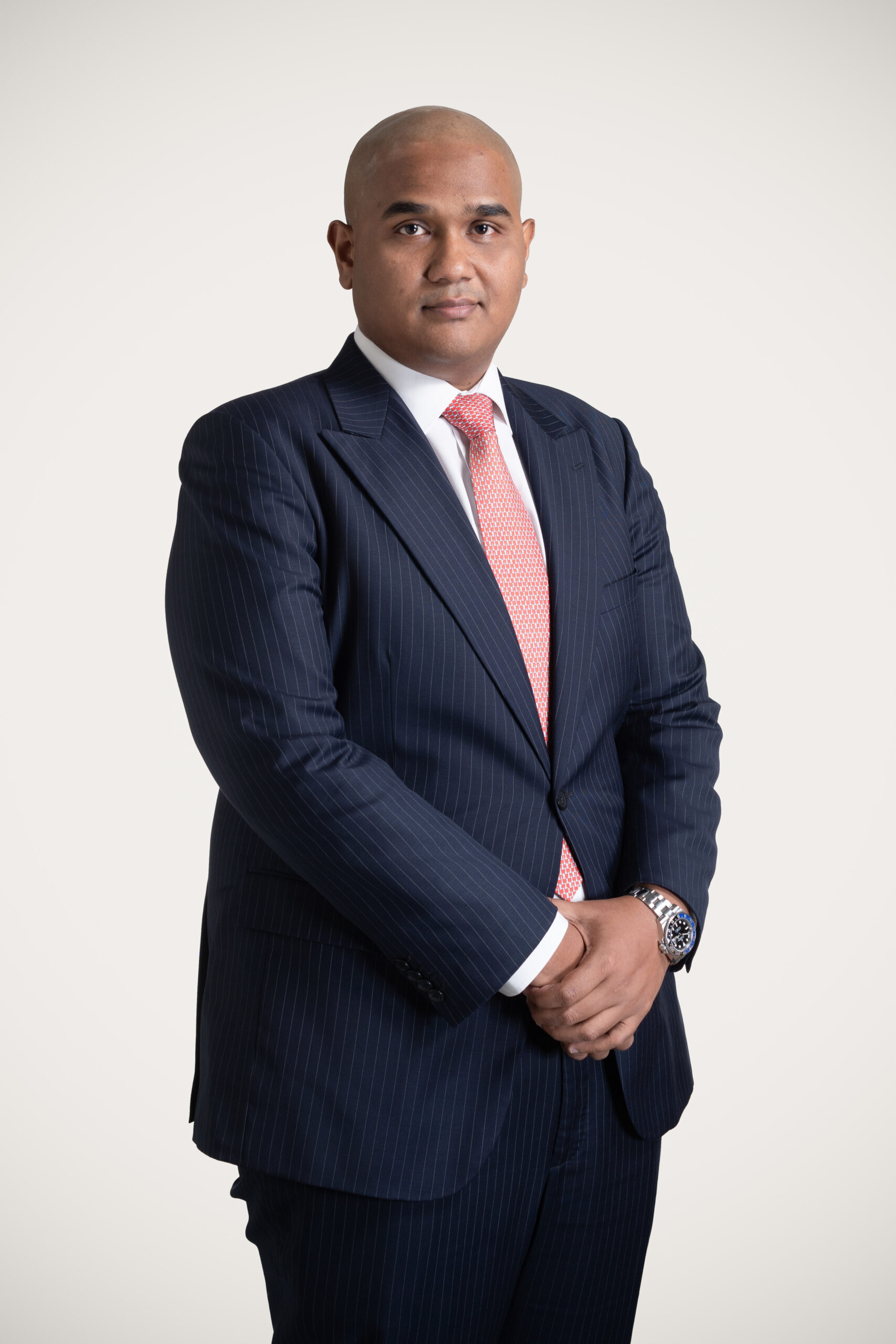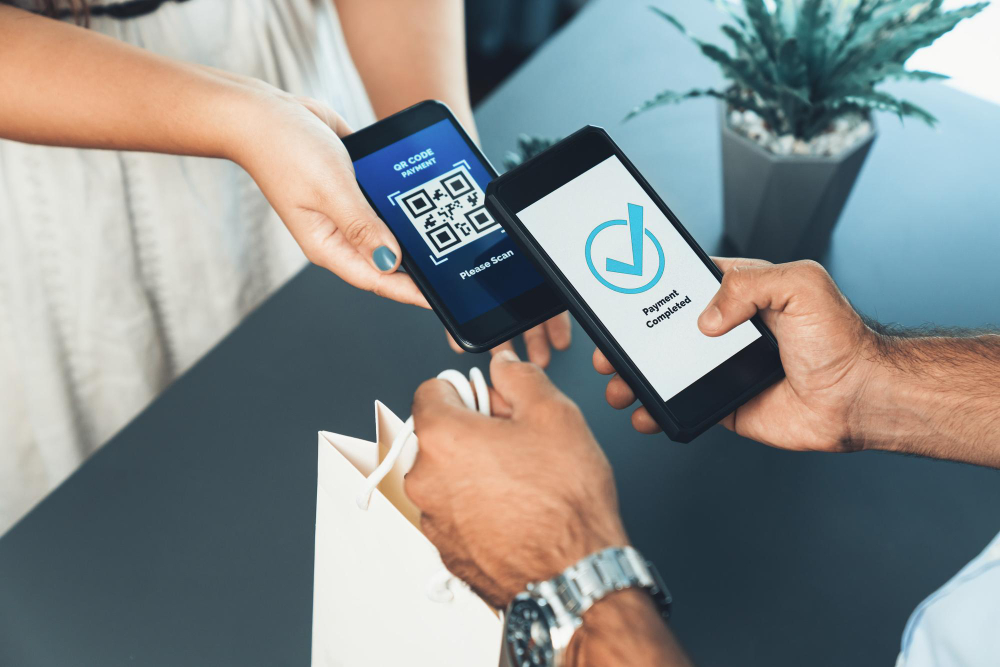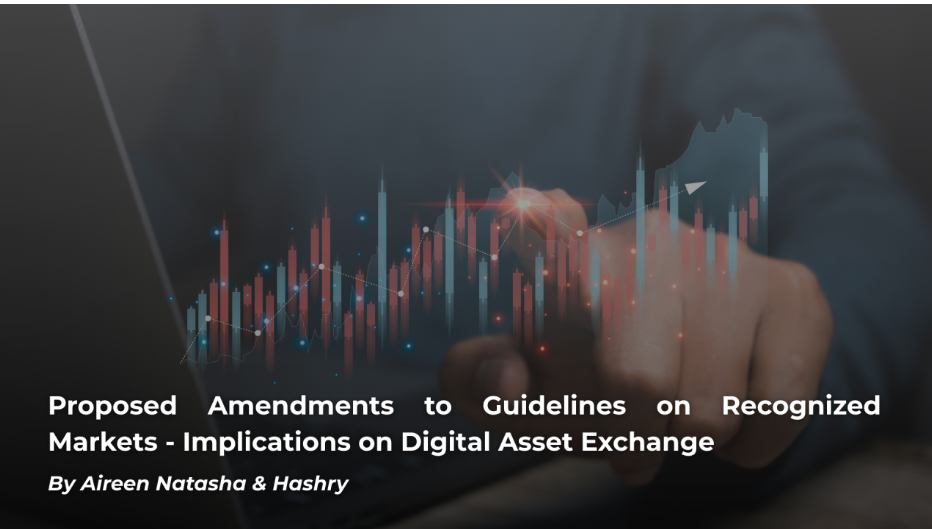Business Trust (“BT”) is a relatively new concept as it was introduced as a class of asset in the Malaysian capital market following the release of the Securities Commission Malaysia’s (“SC”) Business Trust Guidelines issued on the 28th of December 2012. The debut of listing of Prolintas Infra BT on 25th March 2024, making it the first BT to be listed in Malaysia after more than a decade since the guideline was first issued.
A BT is a hybrid investment structure that blends the features of both an investment trust and a company. As they are not companies, BTs are not legal entities which can hold assets. They instead hold legal features of a trust whereby it is created by a trust deed under which a trustee, which has the legal ownership of such trust asset would control and manage assets of behalf of other persons, in this case beneficiaries (unit holders), who shall benefit from the BT’s asset and income.
The structure of a BT can be seen in the diagram below:-

(diagram extracted from Bursa Malaysia’s website)
From the diagram above, the general features of a BT are, among others:-
a) BTs are essentially unit trust scheme created by a trust deed. They are ideal for businesses with significant capital needs and consistent cash flow who want to distribute payments based on cash flow generated rather than profits. This flexibility in distribution is beneficial, particularly for businesses with high depreciation expenses;
b) The initial injection of assets into the BT is typically done by a sponsor/shareholder in exchange for units on the BT or cash raised by the sale of units in the BT;
c) Unit holders can participate and benefit from the profits and income of a BT structure through receipt of distributions. Usually when a BT is structured, a provision is included in its deed of trust on payment distribution. It is important to note that a BT can declare dividend distributions from residual cash-flows of the business, rather than relying exclusively on accounting profits; and
d) The trustee-manager holds the assets on trust for the unit holders of the BT by managing and operating the BT’s assets and liabilities for the benefit of the unit holders. A trustee-manager must be a corporation that is not exempted. The company must be set-up solely for the purpose of managing and operating a BT and must hold a Capital Markets Services Licence for fund management activities restricted to BTs.[1]
Alternatively, for an Islamic BT, it must be structured in accordance with the approved Shariah principles and concepts under the Business Trust Guideline or any other Shariah principles and concepts as may be approved by the Syariah Advisory Council from time to time.
Rights of a Unit Holder
The rights of a unit holder have been specified in the SC’s Business Trust Guidelines issued on the 28th of December 2012 which includes the following: –
1) Participate in any increase in the value of units held by the unit holder by way of vote in a general meeting;[2]
2) Receive any distribution of income from the BT (whether in the form of cash or units in the BT);[3]
3) Attend and vote at a general meeting of unit holders;[4]
4) Call for a general meeting of unit holders;[5]
5) Right to participate in the distribution of the proceeds from a BT during the winding-up of the BT, after expenses of the winding-up and creditors of the BT have been fully-paid;
6) Unless otherwise provided in the deed of the BT, there is no rights for investors to redeem units in the BT.[6] As the units of the BT will be listed on the Main Market of Bursa Securities Malaysia Berhad, unit holders may sell their units or purchase additional units on the stock exchange, just as they would do for ordinary shares of a listed corporation; and
7) Other rights and privileges of a unit trust holder will be set out in the deed of the BT.
Purchasing Units in BT and the Key Considerations Prior to Investing in a BT Scheme
Currently, only units of BT that are listed on the Main Market of Bursa in Malaysia will be offered to the public. To participate in initial public offerings of BT units, individuals can complete application forms provided in the prospectus and submit them to issuing houses, stockbroking firms, or financial institutions similar to usual shares subscription of listed entities.
It is important to note that BTs are high risks companies with high depreciation expenses in infrastructure or utilities. This is important as BT may rely on cash flows for distribution to unitholders.
Next, an investor should carefully assess the goals, strategies, and future plans on the BT, comparing the targeted BT with similar industry or sector norms. The SC has assisted this process for investors as the SC requires the BT to include a clear, specific and sufficient objectives of the BT’s core business.[7]
Another key point is for investors to do a bit of groundwork on the expertise and track record of the trustee-manager. The experience and achievements of the trustee-manager is important since they manage and make the key decisions affecting the trust and its unit holders.
Lastly, investors should also determine whether the fees and expenses for the BT as set out in the deed are fair and competitive. This is due to the roles played by the trustee-manager which entitles them to receive high managerial fees, however this must be disclosed in the deed.
In Malaysia, the concept of BT is novel, with the recent listing of Prolintas Infra BT serving as a litmus test of investor interest in highway concessionaires. The said listing follows a period of scarce Initial Public Offerings (IPOs) for infrastructure assets on Bursa Malaysia. Given the budding nature of BTs in the Malaysian market, investors face challenges in evaluating their performance, particularly in the infrastructure and concession industries. However, investor confidence can be bolstered through companies’ deliberate efforts to ensure only quality and performed assets are within the portfolio of the trust. A proven track record and analysis of their financial metrics over the course of the BT would also serve as an indication of expected returns and dividends.
Nonetheless, the primary challenges facing BTs is determining an attractive yield for investors. For instance, although the cash reserve of Prolintas Infra BT exceeds RM400 million, this is contingent upon uninterrupted toll operations, continuity of highway concession and prudent management of costs and cash flows. Moreover, BTs face competition from alternative investment schemes, such as listed Syariah Real Estate Investment Trusts (“REITs”), which offer distribution yields ranging from 4.6% to 6.2% in 2025.[8] Unlike freehold properties in REITs which ensures perpetual interest, BTs are characterized by assets with limited lifespans, such as infrastructure concessions, which can impact their bottom line due to common factors such as amortization and impairments. In conclusion, the performance of BTs in Malaysia hinges significantly on their ability to address these challenges effectively and its success depending on its ability to attract investors’ interest while sustaining dividend payouts.
Authors:
a. Nazmi Zaini
b. Maryam Amilah
Published Date: 07 May 2024
References:
[1] Business Trust Guidelines, Paragraph 3.01 – 3.03
[2] Business Trust Guideline, Paragraph 7.27
[3] Business Trust Guideline, Paragraph 7.06
[4] Business Trust Guideline, 7.17
[5] Business Trust Guideline, 7.16 and 7.22
[6] Business Trust Guideline, 5.09
[7] Business Trust Guideline, Paragraph 5.05
[8] Prolintas Infra Business Trust – First Highway Business Trust in Malaysia, TA Securities







